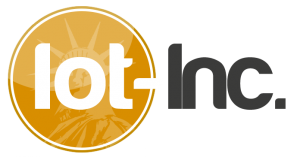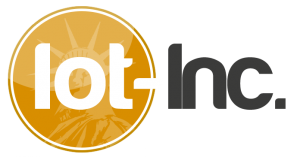07 Dec To Build or Buy the IoT Platform – the Answer is Clear
Posted at 18:39h
in 1. IOT COMPONENTS, 2. SERVICE PROVIDERS, 4. MARKET, COMMERCIAL IOT, CONSUMER IOT, INDUSTRIAL IOT, IoT Platform, MEDIA, Season 1 Podcasts, Vendor
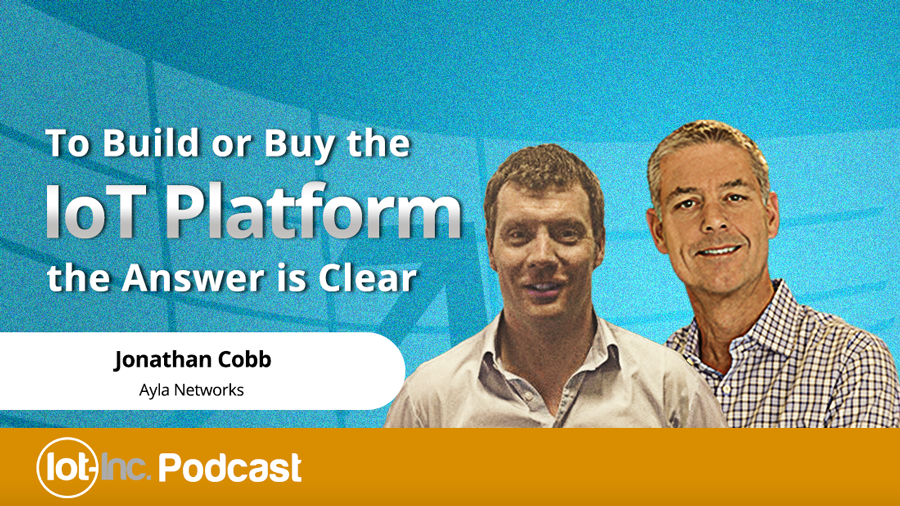

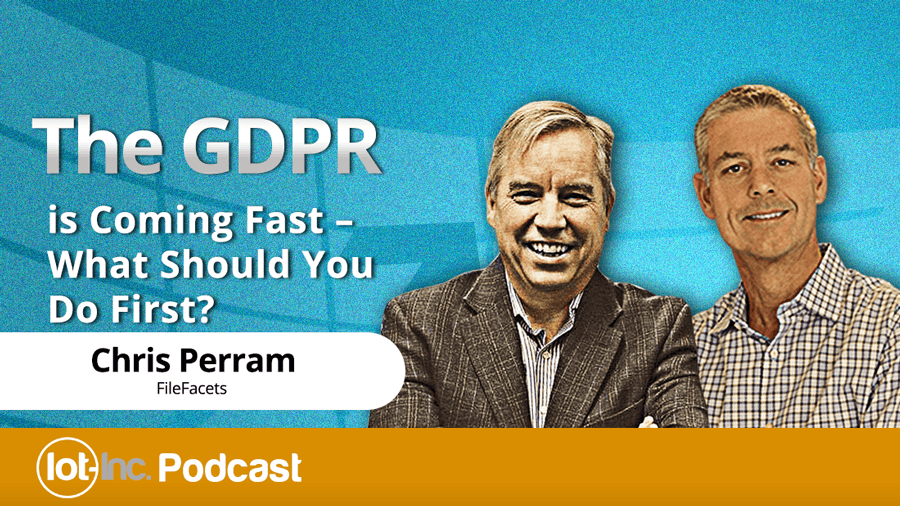
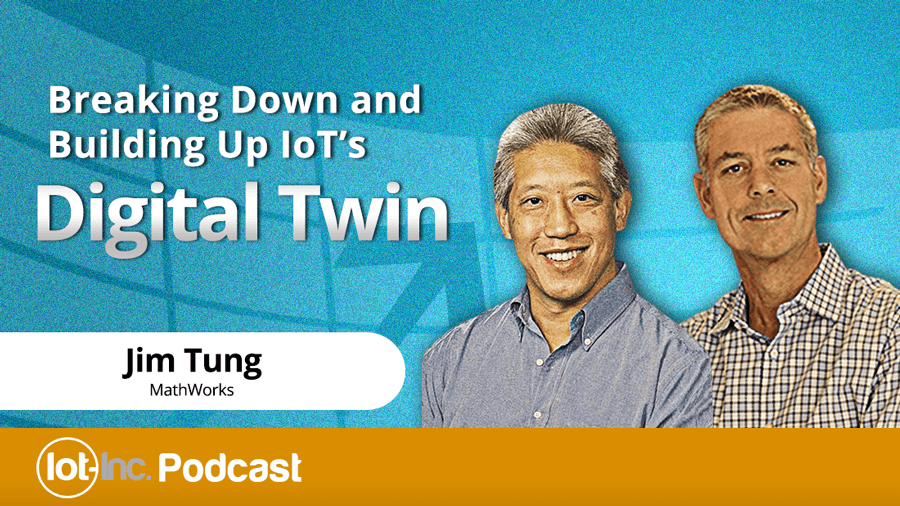
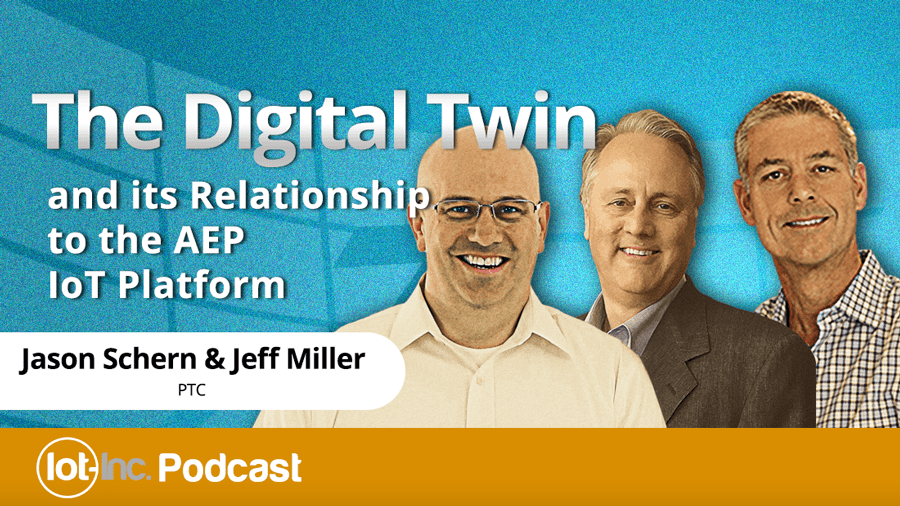
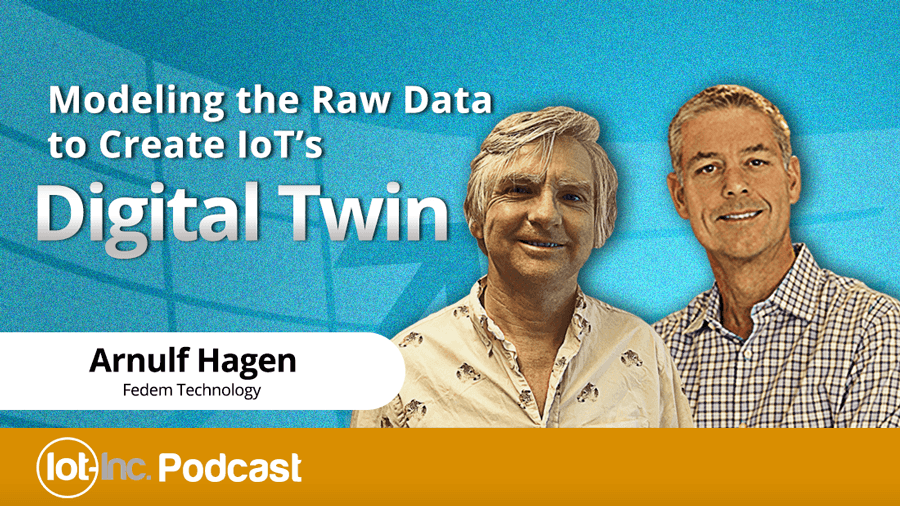
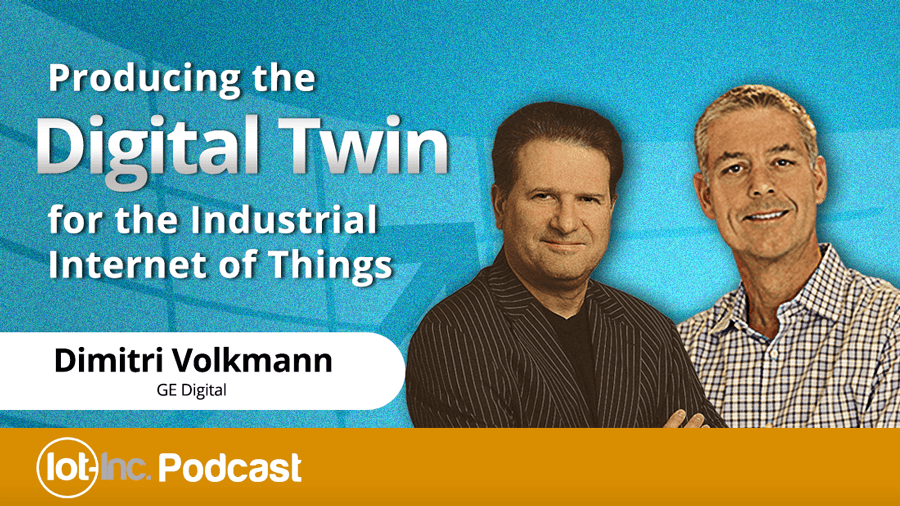
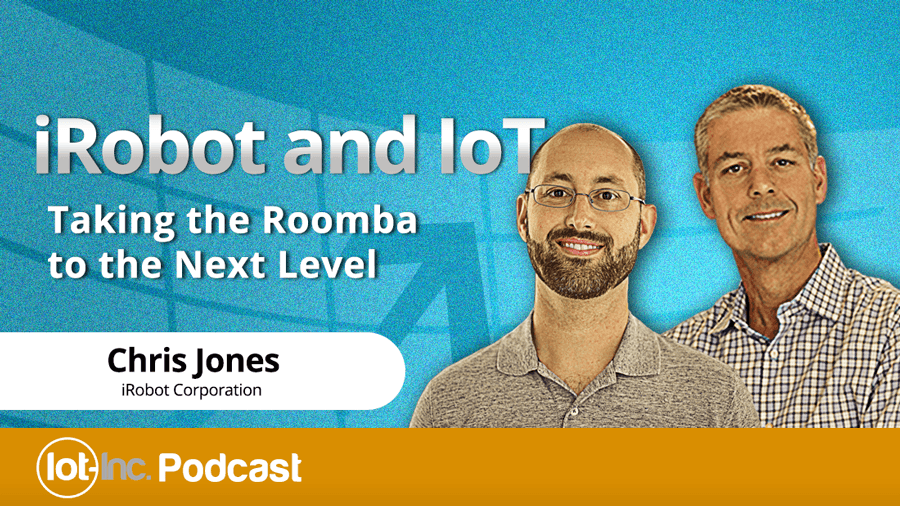
By Moritz von Plate
Read this article by Moritz von Plate about how to set up Prognostics to help answer the "when" question for optimized maintenance decisions ...
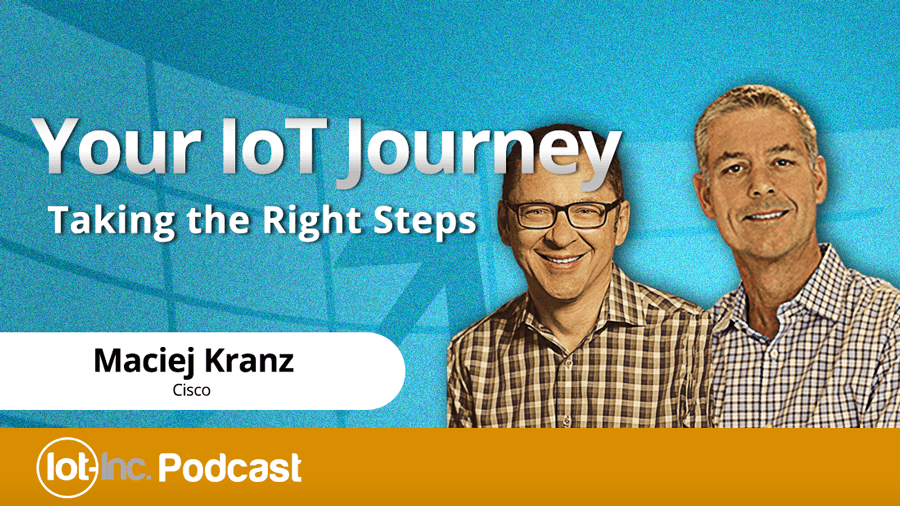
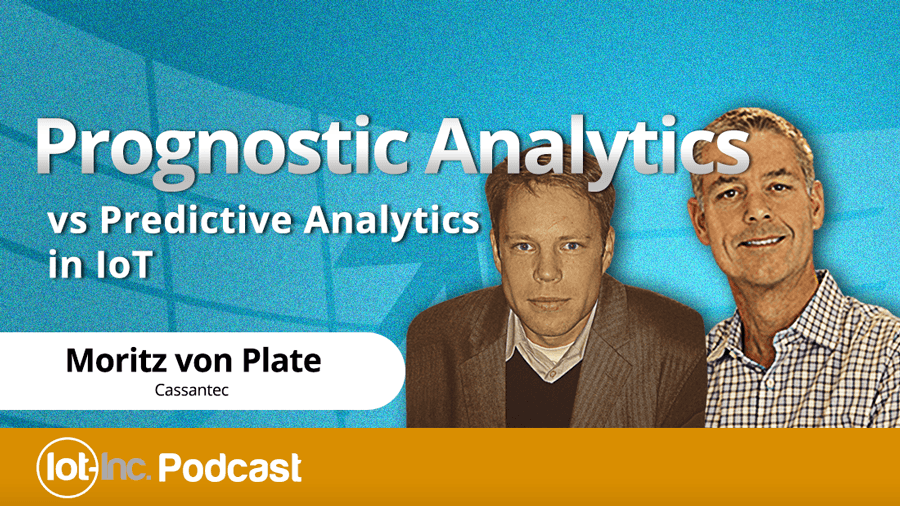
Join me and I'll send you the first chapter of my McGraw-Hill published book, IoT Inc., and IoT business newsletter. Complete the longer version of this form for free access to Bruce's Private Reserve of exclusive reports, buyer's guide, videos, presentations and PDF transcripts of every podcast and video I've produced.

Bruce Sinclair, Iot-Inc
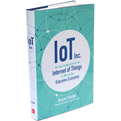
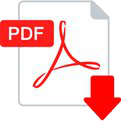
Chapter 1: IoT Technology Defined from a Value Perspective
to review the content faster and in greater detail


